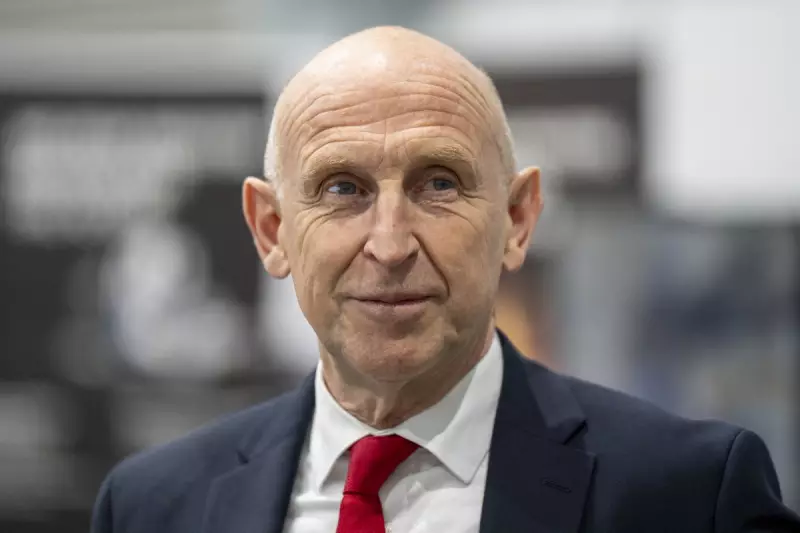
In a stark assessment delivered from Washington, UK Defence Secretary John Healey has issued a grave warning about Russia's escalating threat to NATO security, declaring Vladimir Putin's forces are now positioned closer to alliance borders than at any point since the Cold War.
"Direct Threat" to NATO Security
The newly appointed Labour minister didn't mince words during his first international visit, stating unequivocally that Russia now represents a "direct threat" to the security of NATO member states. His comments come amid growing concerns about Moscow's military positioning and continued aggression in Eastern Europe.
"Russia's forces are now closer to NATO borders than at any time since the Cold War," Healey declared, underscoring the urgent need for collective defence measures across the alliance.
UK Ramps Up Military Support for Ukraine
Healey used his Washington platform to announce significant developments in Britain's military assistance to Ukraine, confirming that previously announced British artillery would now be "on the ground and in action" within days. The accelerated deployment signals Britain's commitment to bolstering Ukraine's defensive capabilities against Russian advances.
The Defence Secretary also revealed that a previously blocked shipment of over 100 British-made Brimstone missiles would finally reach Ukrainian forces, providing crucial firepower for their ongoing defence operations.
Cross-Party Consensus on Ukraine Support
Back in Westminster, Commons Speaker Sir Lindsay Hoyle emphasised the remarkable political unity surrounding Britain's support for Ukraine. Despite frequent parliamentary clashes on other issues, support for Ukraine remains one of the few areas of cross-party consensus in the often-divided House of Commons.
"When it comes to Ukraine, there is a determination across the House to ensure we stand with them," Hoyle noted, highlighting the unusual political alignment on this critical international issue.
Strategic Shift in UK Defence Policy
Healey's statements signal a potential strategic shift in Britain's approach to European security under the new Labour government. His unequivocal language about the Russian threat and rapid deployment of military assets suggests Ukraine support will remain a cornerstone of UK foreign policy despite the recent change in administration.
The Defence Secretary's warning serves as both a call to action for NATO allies and a clear message to Moscow that Britain's commitment to European security remains unwavering, even as political leadership changes in Westminster.





